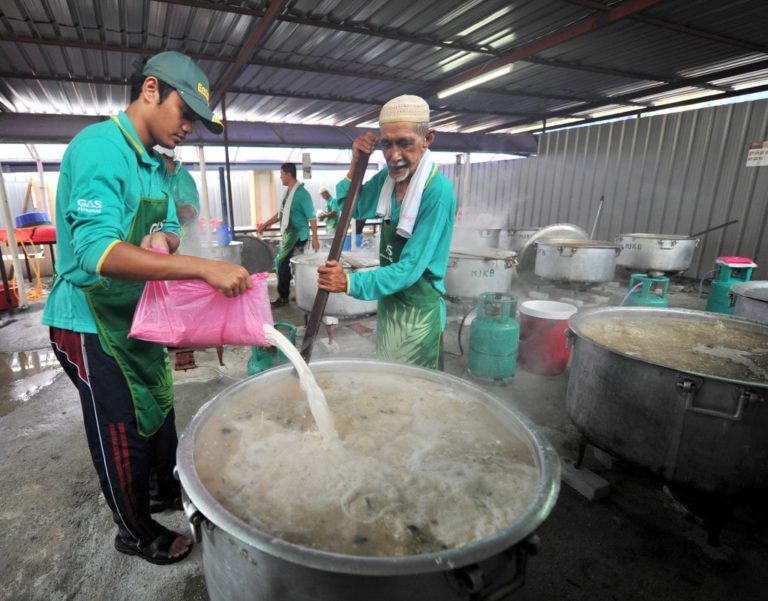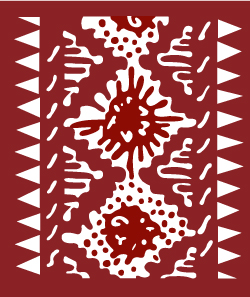On 17th May, 2017, we had a very informative talk on the month of Ramadan by our very own Leslie Muri. Amongst other things, we were told that fasting predates Islam and of course as we know it is practiced in most religions in their own unique way. It is one of the five pillars of Islam. Fasting entails physical, emotional and spiritual aspects of a person encouraging self-restraint, to become pious, righteous and God fearing. The intent to fast is important, however exemptions are in place for certain conditions such as being unwell, traveling, nursing mothers and so on. Those who are unable to fast can make up by fasting once Ramadan is over, one can also feed a poor person each day missed in lieu thereof.

The duration of the fast is from sunrise to sunset with no food or drink. It is believed that the Koran was revealed on the 27th day of the month and that night is deemed as the night of power. The month of Ramadan is followed by the month of Shawwal. The first day of Shawwal is Hari Raya –Eid, which is the first day of celebration after a whole month of fasting. It begins with a prayer – which is not mandatory. Fitrah is paid which is an obligatory tax to help those who can’t afford to prepare for and celebrate Raya. The full month of Shawwal is celebrated with feasting and Open Houses. Everyone buys and wears new clothes. Elders are visited and they give gifts of money to the younger ones as a token. Graves of loved ones are visited and prayers are read. Special sweet and savory foods are cooked. It is a time when families get together to “pray, eat and celebrate”.
Nabila Ahmad
